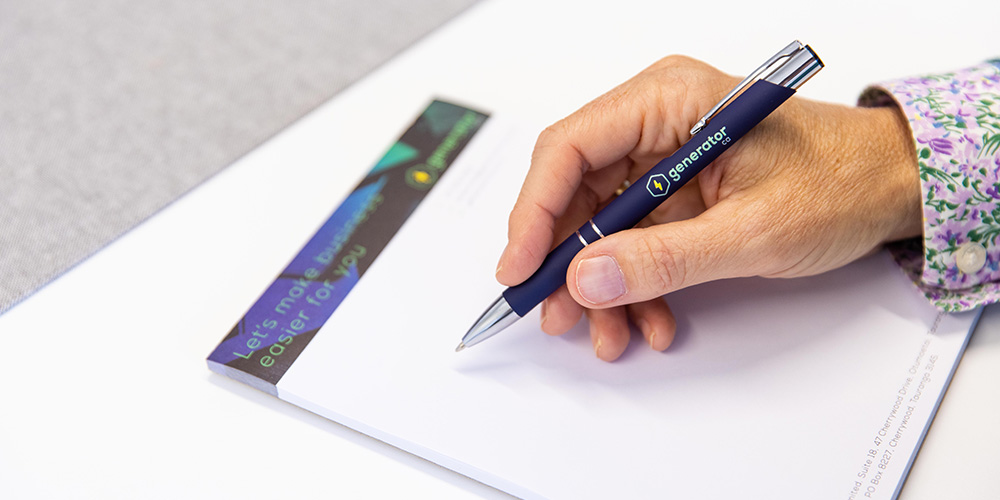If you had to pay a tax of more than $5,000 in your last income tax return, you may have to pay provisional tax for the following year. Provisional tax is like paying progress payments on next year’s income tax.
The amount you must pay relates to your expected profit for the year. In practical terms, the amount of provisional tax you’re expected to pay is based on the tax you were liable for in the previous year, often referred to as residual income tax (RIT).
Even if you are not required to pay provisional tax, you may still elect to do so, to spread your tax obligations over the year. This can help you manage cash flow and take away the pressure of paying a lump sum at the end of the year.
For a new business, the first-year provisional tax payment can be tough. You must pay last year’s income tax at the same time as the first instalment of next year’s provisional tax. There are a couple of ways we can help you reduce the pain. A great option is to set aside 20-30% of your income each week to meet your tax obligations. At year-end, you won’t have the stress of finding two years’ tax in one year, and if you have saved too much, you can reduce other debt or use the money for other investments.
If you are self-employed or a partner in a partnership you may be entitled to a discount of 6.7% on your first year’s income tax. This is to encourage you to pay tax early and relieve the financial strain before you must pay provisional tax for the first time.
COVID-19 and provisional tax
- The residual income tax (RIT) threshold for provisional tax increased from $2,500 to $5,000 from the 2020/21 tax year
If your business is affected by COVID-19:
- You need to re-estimate your provisional tax because your income falls short of the estimate and your provisional tax has been overpaid, it may be possible to arrange early refunds
- If you are unable to pay tax by the due date, Inland Revenue has the discretion to write off penalties and interest. You may be eligible for a UOMI (use of money interest) write-off





















